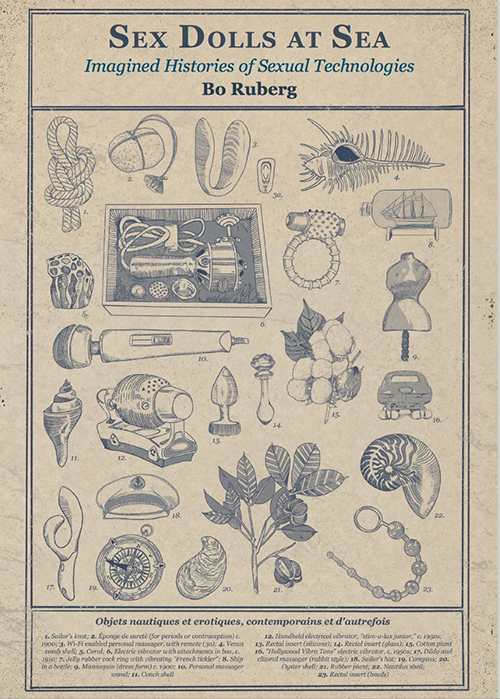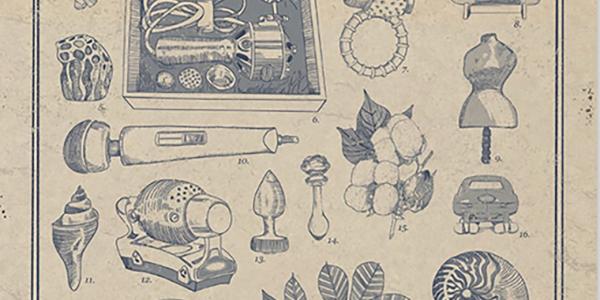Sex Dolls at Sea: Imagined Origins of Sexual Technologies
thumbnail_Cover Ruberg Sex Dolls at Sea.png

Dr. Bo Ruberg
Abstract: Technologies designed for sex and intimacy are on the rise, from wifi-enabled sex toys to sex robots. Along with this boom in "sex tech" devices has come a set of cultural narratives about the history of sex tech itself. These histories repeatedly situate the origins of today's sexual technologies in the story of the very first sex dolls: the dames de voyage, supposedly rudimentary dolls stitched together by sailors on long, lonely sea voyages. Quirky and anecdotal as it may seem, the tale of the dames de voyage does serious cultural work for proponents of contemporary sex tech, who use the story to make sexual technologies seem like the long-established realm of inventive, lusty, heterosexual white men. But did these sailors' dolls really exist?
Bo Ruberg, PhD (they/them) is an associate professor in the Department of Film and Media Studies and affiliate faculty in the Department of Informatics at the University of California, Irvine. They are also the Co-Editor-in-Chief of the Journal of Cinema and Media Studies. Their research explores gender and sexuality in digital media. They are the author of three monographs: Video Games Have Always Been Queer (NYU Press, 2019), The Queer Games Avant-Garde: How LGBTQ Game Makers Are Reimagining the Medium of Video Games (Duke University Press, 2020), and Sex Dolls at Sea: Imagined Histories of Sexual Technologies (MIT Press, 2022).They are also the co-editor of Queer Game Studies (University of Minnesota Press, 2017) and Real Life in Real Time: Live Streaming Culture (MIT Press, 2023).

